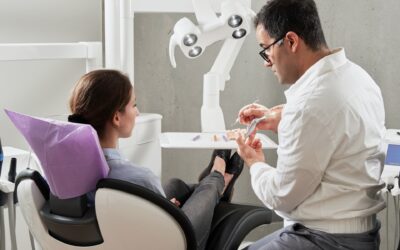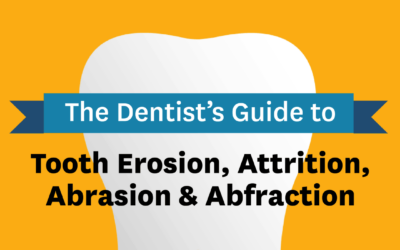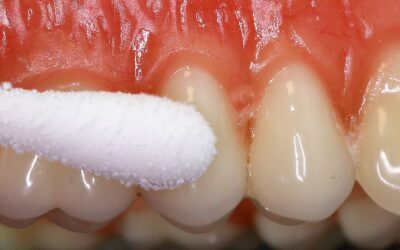An intraoral dental screening should be a routine part of any dental assessment: checking and recording the presence or absence of any abnormalities. The importance of regular dental examinations has been emphasized by the many studies which show positive outcomes for...
Dentist’s Guide to Tooth Erosion, Attrition, Abrasion & Abfraction
Learn how to diagnose, monitor, and treat different types of tooth wear including erosion, attrition, abrasion, and abfraction with this infographic based on Dr. Glenn Clark's course on abnormal oral physiology and sensory disorders. Want a full copy of the...
How to Perform an Oral Biopsy
A biopsy is defined as the sampling or removal of tissues or liquids from the body for examination, in order to determine the existence or cause of a disease. A biopsy is strongly recommended for most of the lesions that persist for more than two weeks which...
How to Conduct a Cranial Nerve Examination
The following equipment is required for a Cranial Nerve Examination: Cotton ball Safety pin Pen torch (source of light) Tongue blade Tuning fork (512 Hz) 1.) Olfactory Nerve (I) The olfactory is a sensory nerve, and damage in the nasal epithelium or the basal...
How to Perform a Lymph Node Examination
Lymph Node Examination A lymph node evaluation should be included in all new patients as part of the oral cancer triage. Below is a video showing the proper technique and a written explanation of what is expected from dentists when performing a lymph node and...
How to Conduct an Endo-Ice Test to Prove Irreversible Pulpitis
This is step 2 of Dr. Glenn Clark's 5-step process for diagnosing Chronic Trigeminal Neuralgia. Dr. Clark is the Director of the Online Master’s Degree in Orofacial Pain and Oral Medicine at the Herman Ostrow School of Dentistry of USC. Cold Testing Tooth Vitality...






